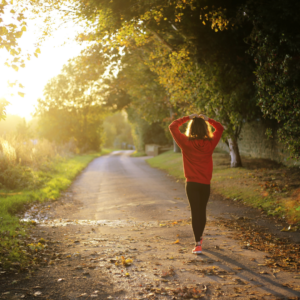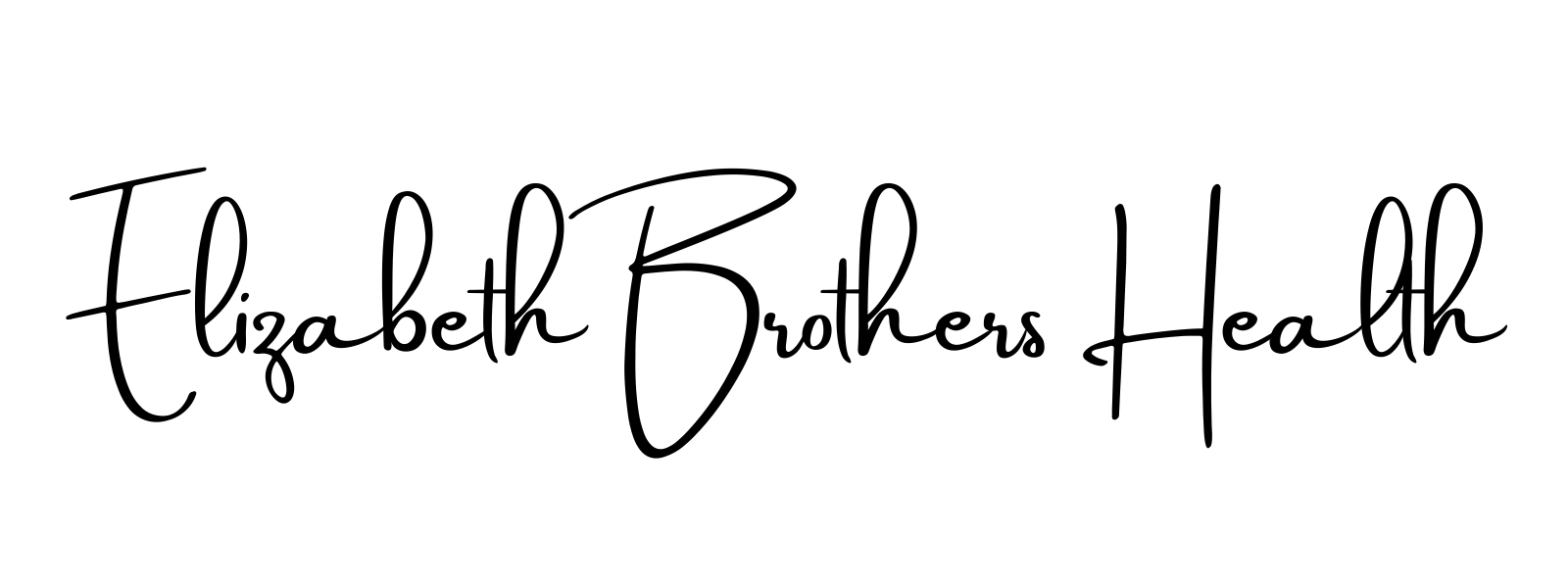I hate the current concept of self-care.
Don’t get me wrong. Taking care of yourself is incredibly important!
That’s not the part I hate.
What I hate, what makes me so mad, is how people throw this term around with an incredible frequency, but I don’t think they’re doing real self-care. I can’t tell you how many people I’ve talked to where their therapists recommend “more self-care” for them, but don’t really give them any direction.
People often think that self-care means doing things they enjoy. And that is a part of it, but if that’s the only decision you’re basing your self-care activity choices on, you’re missing a main piece of the puzzle.
So… what is self-care?
Self-care is the idea that you need to take care of yourself. We all know the analogy of putting your oxygen mask on before you put on anyone else’s. And I do think this is a good analogy. We can’t take care of other people (which most of us, as parents or partners or employers or otherwise, are inclined to be doing) without taking care of ourselves.
But I think it’s the activities that we prescribe for self-care that are misleading.
Self-care should be enjoyable and relaxing and fulfilling. But the REAL, fundamental goal for self-care is to make sure you are HEALTHY! Physically and mentally. To make sure you have energy, and you feel good, and your mental health is being taken care of, and you’re feeling healthy and well and amazing.
But achieving those things is not simple or easy and doesn’t happen overnight. Self-care is not an activity that you can schedule on a Saturday at 2 PM and expect to be all done with by 3 PM.
We have this urge right now to constantly look for the quick fixes. But quick fixes don’t work, at least not for the long term. They might feel amazing in the moment, but they don’t tend to have any lasting benefits.
In my definition, self-care includes activities that can be done consistently and that over the long term will improve your physical and/or mental health.
What self-care is not
Fast – Effective self-care takes a lot of time, and a lot of effort. You can’t expect to feel rested and rejuvenated permanently after one self-care activity.
Aggravating mental health issues – let’s pick on social media for this one. You might feel that scrolling through social media “relaxes” you, and you might feel like you’re doing self-care in that act. But I strongly encourage you to reevaluate that. Does being on social media help improve your physical or mental health? There is nothing wrong with scrolling social media! But if social media makes you anxious or sad, then while it may appear relaxing on the surface, it’s really not. It’s making you less healthy.
Alcohol – I’ve done some posts on this before, but alcohol doesn’t have any health benefits that I can find that are unique to alcohol (yes, you can get antioxidants from some wine, but you can get antioxidants from a lot of things). In the long term, alcohol is not going to improve your mental or physical health. Having a drink as a form of self-care is actually having the opposite effect that you want it to have.

Features of self-care
Commitment – committing to activities that are going to improve your physical or mental health requires commitment.
Habits – setting up healthy habits throughout our day is 100% a form of self-care. Meal planning might not feel like self-care, but if it lowers your daily stress level and helps you choose nutritious food, then this habit could be an incredibly important part of your self-care routine.
Eating healthy food
Movement/exercise
Community – spending time with family and friends that you love is a very important part of self-care.
SLEEP – sleep is such a powerful tool for our health, that if it’s the only thing you focus on, it will be an incredible investment. Going to bed at a consistent time every night, and getting a good night’s sleep is 100% an incredible tool for self-care.
Mindfulness – practicing mindfulness activities daily is going to have such an incredible payoff for your mental health, it’s something you should be starting today (if you haven’t already).
Fun – choose activities that you enjoy! Some of these things, like daily exercise, aren’t always going to feel like they’re the most fun. Self-care isn’t always fun, but it’s definitely important to include activities that will make you a healthier person, that you also enjoy. It helps makes those must-do activities (like eating salad once in a while) easier to bear.
How to choose your self-care activities
To choose the best activities for you, you need to ask yourself one main question:
If I keep this activity up consistently, is it going to help me feel better mentally or physically 1 year from now?
If the answer is no, then I’m going to argue that it’s not really self-care.
This doesn’t mean you can’t get a manicure to feel good. A manicure can be relaxing, and help relieve stress and anxiety, and can increase self-confidence. If this is the type of activity that you can keep up consistently for a long time and will contribute to your ongoing sense of health or wellness or balance for a really long time, then this is probably a great investment of self-care for you.
Just be mindful of the activities you choose to label as “self-care”, and which ones might not be. That doesn’t mean you can’t do things that aren’t getting you healthier; it just means they’re not considered self-care.
The most powerful self-care is usually the most subtle, consistent, and I’ll argue “non-fancy” activities that you would normally do.
What is your favorite form of self-care?
